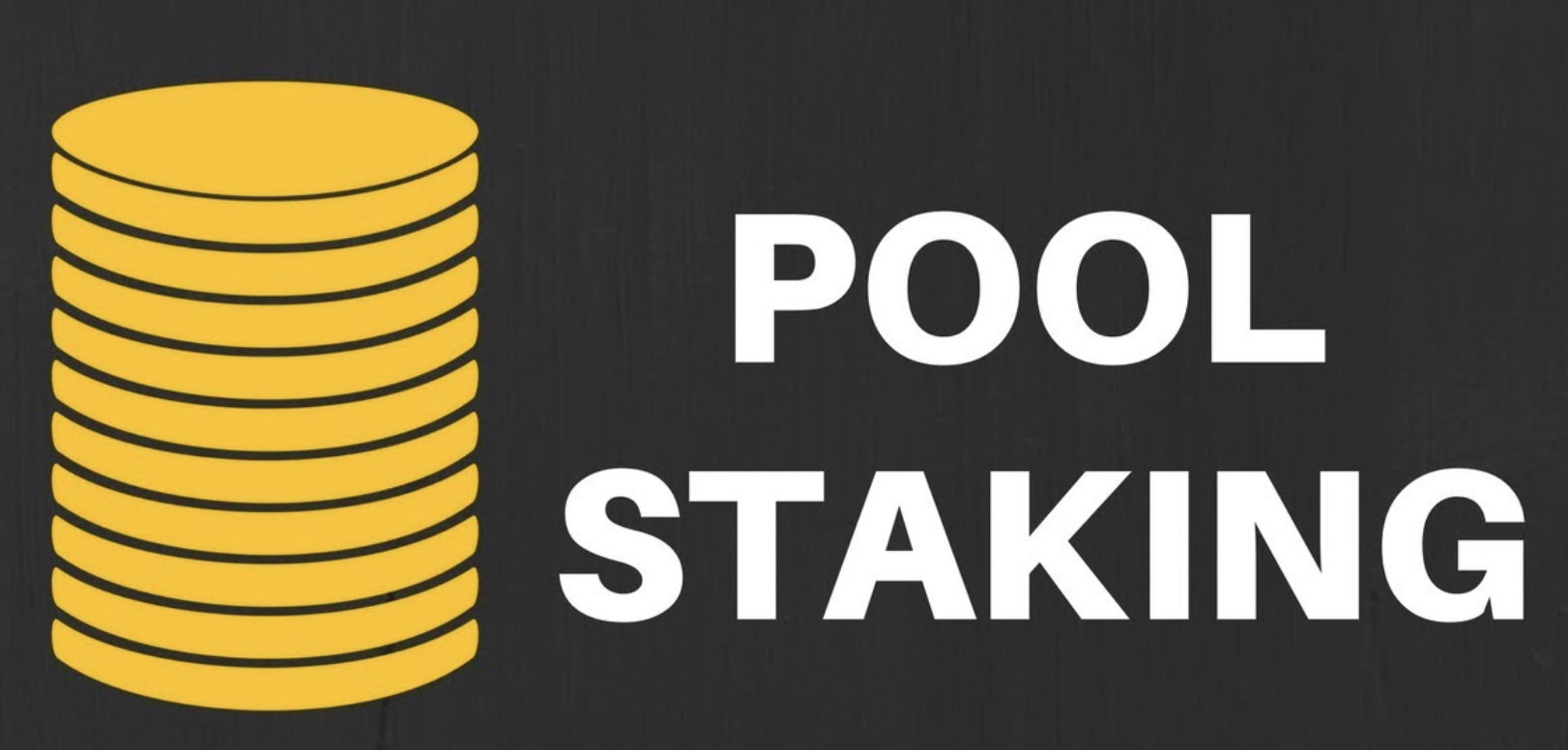China’s PoS Players: Staking Does Not Make Money Right Now

Some of China’s largest staking participants all gathered together at Odaily’s StakingCon, one of the first conference on Staking in China. Here’s the replay in China through YiZhiBo in China (one of the livestreaming platforms in China, akin to Youtube in China).
Here are some takeaways that we gathered from the folks who attended, which included Bitpie (Wallet) Partner Wang Chao, ImToken Chief Security Officer whose English name is Blue, Neo Global Capital Staking business (StakeX) head Cai Yan, Fundamental Labs managing partner Howard Yuan, DDEX COO Bowen Wang, and Wetez promoter Kay.
Bitpie, one of the oldest wallets in China, believes that wallets at the moment don’t actually make money from staking. Wang Chao from Bitpie explains that Bitpie has two businesses customer segments, one is geared towards businesses, which serves industry projects. On the consumer business, Bitpie does not provide staking services because there are so many gaps between the user groups and their token holdings. For example, Chao mentions that many people still hold most of their tokens in exchanges. On the other hand, from an ecosystem perspective, if Bitpie decides to help a project, Bitpie will invest and fully dedicate to support the ecosystem, including its wallet staking service.
According to ImToken, another large wallet player in China, Chief Security Officer Blue says that wallets at the current POS environment do not make money and that running a node operation does not make money either. The reason may be that many POS public chains haven’t been developing very quickly. Their chains are still in development so the market should give more time to develop the chains.
Blue believes that only with full chain completion, along with a rise in the price of the cryptocurrencies, would we see returns from running nodes become more significant and running a staking operation become a profitable business. Even when the wallets are staking retail tokens, these guys actually earn money mainly by buying and selling them, instead of staking. Nevertheless, there are inherent trading risks as well.
Cai Yan, head of NGC StakeX, mentioned that staking has become a recognized trend in the space. Exchanges and wallets all have users with lots of tokens, so they are naturally suitable for staking participation. For some projects, staking is a new entrepreneurial opportunity.
For NGC StakeX, when they stake a project, they get a deeper understanding of the project. The consensus mechanism is actually a three-way maneuvering between the users, thenodes, and the project teams. The primary things to pay attention to is how the project teams treat its own project, and whether it is confident that its own consensus mechanism setup can smoothly direct the project operations.
Fundamental Labs managing partner Howard said that staking is essentially a traditional mining 2.0. Investment institutions pay more attention to the ecosystem contributing to the project. However, people staking also speaks to the security of the network.
Additionally, Howard says that PoS projects do not have a lot of revenue right now because overall volume of the current PoS ecosystem is not large enough. However, as an investment firm, Howard mentions that Fundamental Labs is more willing to support high-quality PoS projects for a long time, and not pay much attention to short-term gains. If you want to compare the staking mechanisms of well-known PoS projects, Howard recommends Polkadot and Cosmos are reasonable as benchmarks.
DDEX COO Bowen Wang believes that decentralized exchanges need to monitor data onchain and synchronize block status, which is a natural thing to do as node operator. While PoS is distributed and everyone can vote, staking provides a sense of community for retail investors. Everyone can express their opinions and this approach will allow more people to understand and participate in this space.
Bowen also adds that at present, PoS is not profitable for short-term staking. But when comparing several well-known PoS projects, it’s hard to determine which project approach will succeed.
Lastly, Wetez wallet representative Kay said that its wallet POS business does not make any money. At present, he is very pessimistic about the staking economy.
Kay observes that some nodes hope to rely on subsidies to outcompete other nodes. He says that this is very sad and is contrary to the original distributed intention of staking. Kay believes that the staking ecosystem should be long-term oriented, and hope that that the validators all feel the same.












